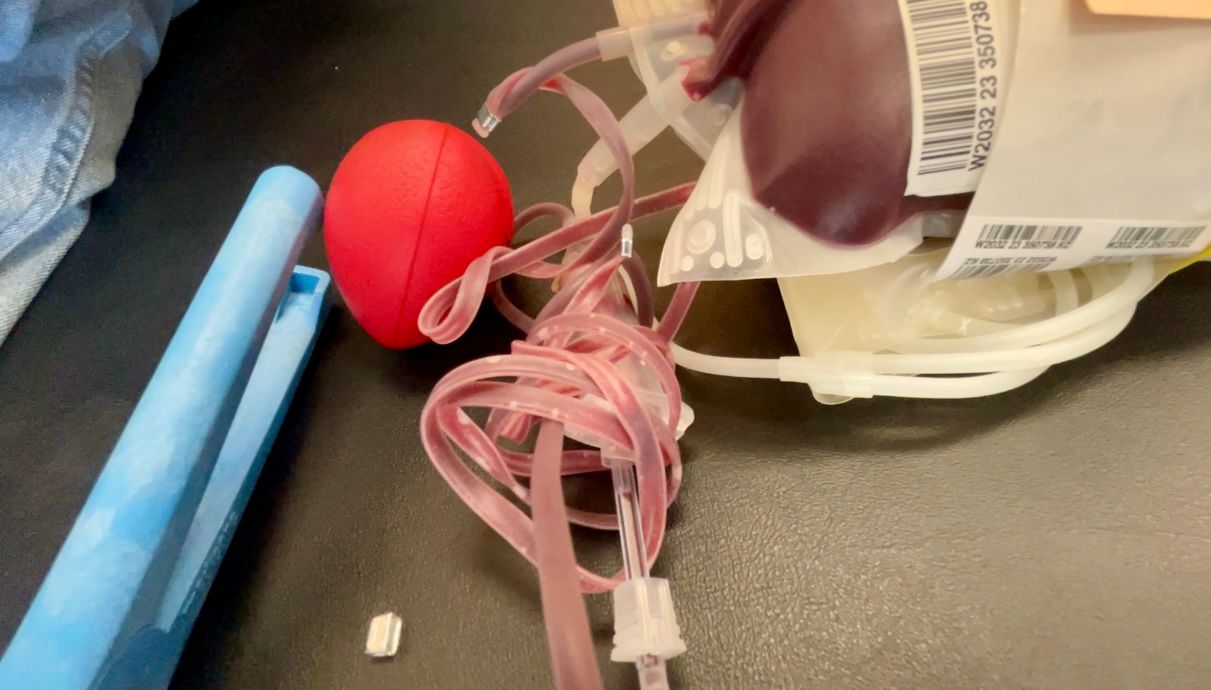WISCONSIN — Tom Woznick has been donating blood for more than two decades.
He said it’s a story that goes back to 9/11 when he considered joining the military. Woznick said his dad served in the armed forces but talked him out of enlisting.
“And I thought, well, what can I do, and I actually don’t like needles and I have a fear of needles, but I got over that fear pretty quickly because I thought to myself, ‘what can I do? How can I give back?’ And I started giving blood,” said Woznick, who is a parking services manager for the City of Milwaukee.
Woznick said his need to give back got stronger when his nephew got sick.
“His name is Trey. He was diagnosed with cancer at 13, thankfully he survived it, he’s cancer free now, but as he went through treatment, which lasted several years, he needed a lot of blood transfusions,” said Woznick.
Woznick is one of about 6.8 million people who donate blood in the U.S. each year.

But that number is dwindling, according to Jen Warren, the regional communications director for the American Red Cross of Wisconsin.
She said in the past 14 years, the blood donor base has declined, which means fewer people are donating. The American Red Cross said it’s currently experiencing the lowest number of people giving blood in 20 years.
Warren said there is typically a national decline in donations between Thanksgiving and the New Year due to the holidays, vacations and seasonal illness.
“There has been an uptick in COVID and also the flu, so a lot of people haven’t been able to donate. We’ve had people who have signed up and have had to cancel because they’re sick,” she said.

The month of January was proclaimed to be National Blood Donor Month in the 1970s to encourage new donations during this lull period and pay tribute to voluntary blood donors.
As the month comes to an end, Woznick said he hopes people will remember to donate all year.
“Try to make it a habit, make it a routine, if more people made it a routine to give every six to eight weeks, there would be less blood shortages and there would be more opportunities to help all people in need,” said Woznick.



